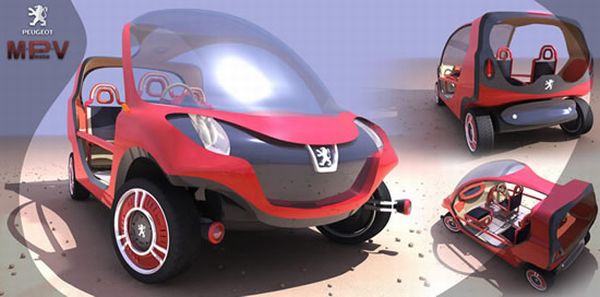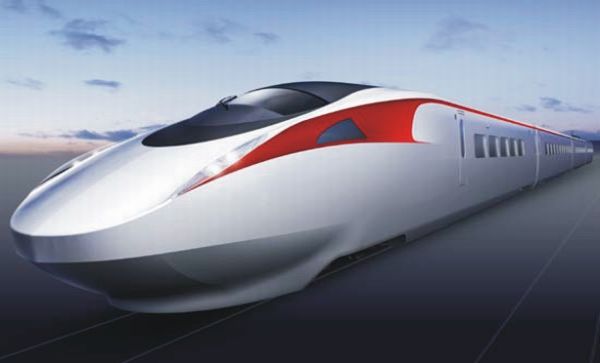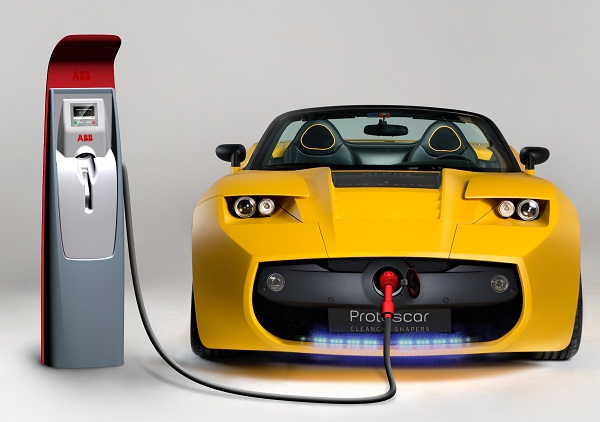
Powerful, efficient, and potent batteries are worth their weight in gold. Two factors that help to spell out power of batteries are time taken for the batteries to recharge and the operating range of a car after it has been given a boost.
Mostly, all electric cars use lithium batteries which need to be charged. Competent batteries are the ones that charge in no time and can effectively power up vehicles. They allow you to whizz around smoothly without worrying about running out of charge or having to slow down. So, here is a list of such promising batteries for all mobile yuppies who remain impatient with slow charging power supplies.
1. New nano – based battery technology could charge electric vehicles in two minutes
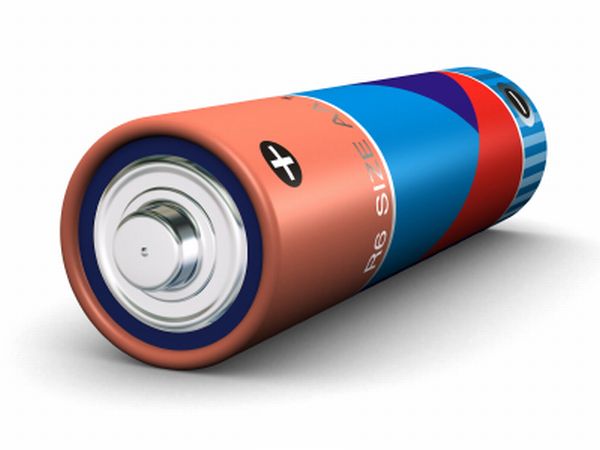
From an innovative genius at Illinois University, Professor Paul Braun, comes a compilation that can recharge electric vehicles in less than two minutes. This battery has been built with a three-dimensional nanostructure for battery cathodes, Li-ion, and NiMH. The lithium-ion batteries can power up at the rate of 400C while the Ni-MH batteries have a capacity of an immense 1000C. These batteries thus allow for faster charging as well as discharging without affecting the energy storage capacity of the batteries. However, this technology is still in its nascent stage and has not been applied to moving electric cars yet.
2. PolyZion Project aims to develop long-lasting zinc-plastic batteries
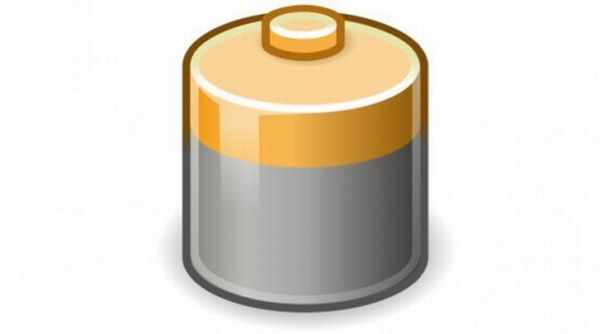
Lighter, affordable, superior functioning and a long life makes zinc plastic batteries by the PolyZion project a high quality product. Developed by scientists at the University of Leichester, these batteries are a lot more nature friendly than the ones currently being used in electric cars. They are also extremely safe to use and emit very little hydrogen gas. The moisture resistant electrolytes enhance performance and are durable. Also the nano sized zinc deposits and polymer layers that are fast conductors will allow batteries to charge faster, increase charge retention capability and make them less prone to short circuits.
3. MIT develops new fast-charging battery technology ideal for automobiles
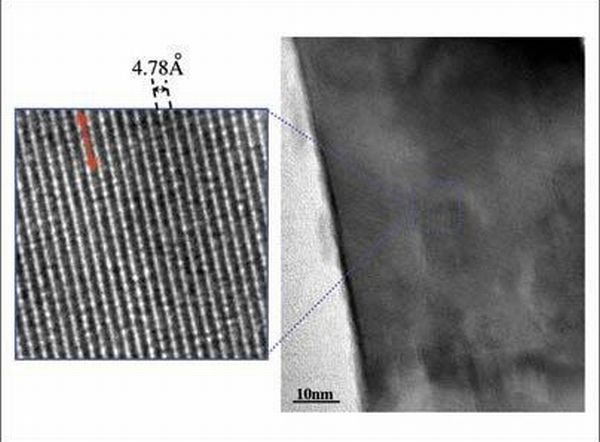
Another battery that has the potential for becoming the most technologically superior product along with being easy on the pocket is the model being developed by Laboratory for Electromagnetic and Electronic Systems (LEES) at MIT. A variation of the lithium battery, it eliminates the drawbacks found in lithium batteries used currently like their slow charging capability and low safety levels. If lithium nickel manganese oxide is used instead in batteries then these shortcomings can be stamped out. This is primarily because the new material is more stable, low priced, and has massive storage capacity. The only pitfall was that it took too long to charge this new battery. However, researchers altered the crystalline structure responsible for the slow charging and are now looking for ways to lower manufacturing cost of the battery.
4. Tesla fast-charging battery
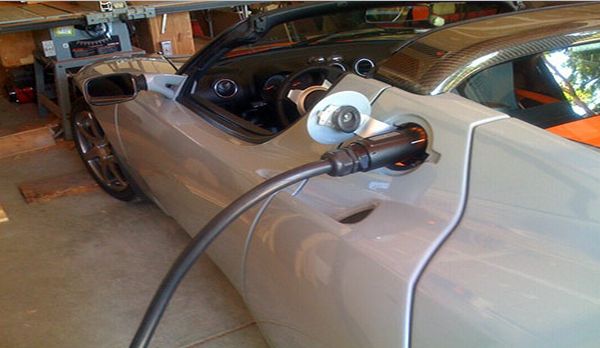
440-volt fast-charging battery is a feat accomplished by Telsa Motors. Telsa Motor’s Model S sedan will feature this battery. You can easily charge this battery in about 3.5 hours using a 220V/70A system. It will give the car a range of 225 miles when it is on a full charge. The only limitation with this purchase is that currently there are no public 440-volt fast charging stations.
5. Toshiba fast tracks SCiB battery technology
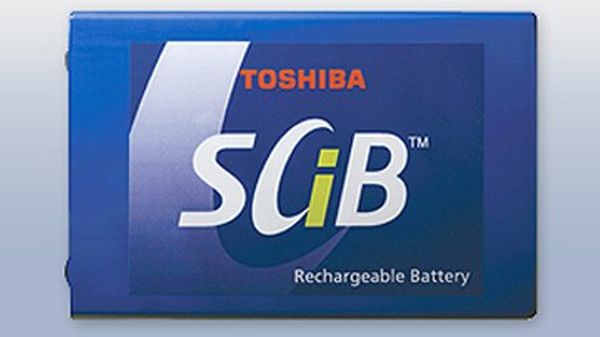
The SCiB acronym for Super Charge ion Battery is truly a powerful rechargeable lithium-ion battery. The battery is touted to be extremely safe with an extremely fast charging capacity. Moreover, even after 6,000 charge-discharge cycles, there will be hardly any capacity loss. The battery can charge upto 90% power in just about five minutes. This technology has been developed by Toshiba in collaboration with Mitsubishi Motors. The batteries have been devised for EV applications and therefore have a new anode material and electrolyte, which makes them safe and also increases their recharge rate.



